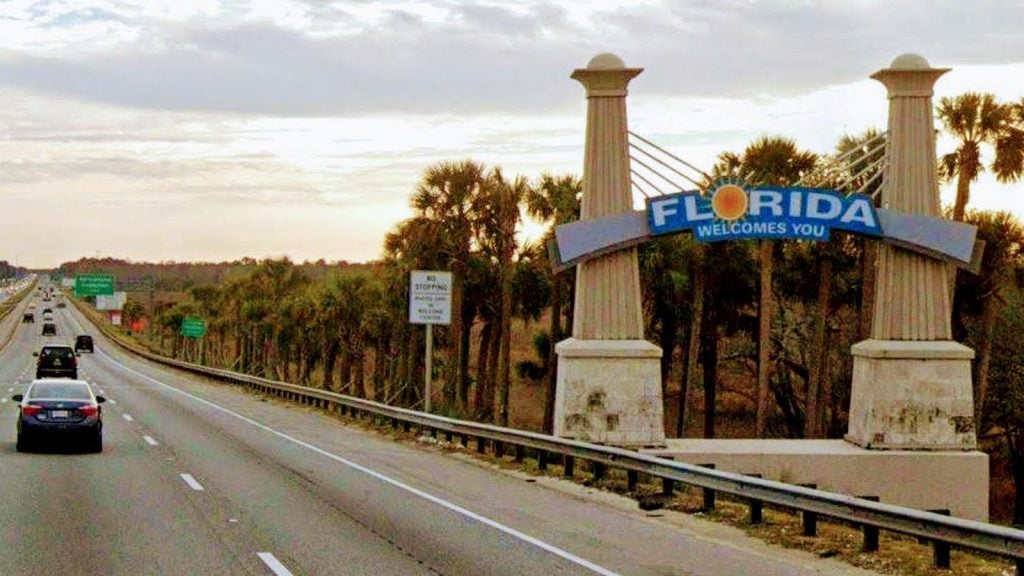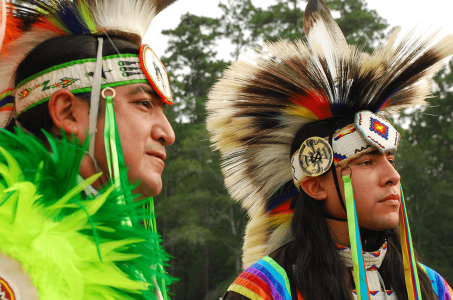Florida Sports Betting Stopped By Federal Judge, Says New Seminole Compact Invalid
Posted on: November 22, 2021, 09:54h.
Last updated on: November 23, 2021, 07:57h.
A federal judge on Monday night completely threw out the amended gaming compact between the Seminole Tribe of Florida and state officials. That stops – for now – statewide mobile sports betting, which the tribe launched three weeks ago.

US District Judge Dabney Friedrich chose to nullify the entire compact, which gave the Seminole Tribe exclusive rights to online and retail sports betting in the state. It also means that Seminole Gaming will not be allowed to offer roulette and dice games at its tribal casinos in the state.
Two pari-mutuel operators filed the lawsuit in the District of Columbia federal court three months ago. The operators claimed that Interior Secretary Deb Haaland should not have approved the Florida deal because it violated the Indian Gaming Regulatory Act (IGRA). That’s the 33-year-old federal law that oversees tribal gaming across the country.
The federal government had 45 days after the state submitted the compact to review it and decide whether to approve it. As Interior officials noted in a letter to both Florida Gov. Ron DeSantis and Seminole Tribe Chairman Marcellus Osceola, when that window passed without official approval or denial, it was then considered it approved to the extent it abided by IGRA.
The principal concern of the Magic City Casino and the Bonita Springs Poker Room dealt with the federal approval that allowed the Seminole Tribe to accept sports bets off its tribal land. Not only did that include mobile sports betting, but it also included the approval of a “hub-and-spoke” concept where the Seminole Tribe would partner with pari-mutuel operators that would host kiosks at their establishments.
In her 25-page opinion, Friedrich said the compact authorized gaming on and off tribal lands.
“The Compact accordingly violates IGRA’s “Indian lands” requirement, which means that the Secretary had an affirmative duty to reject it,” she wrote.
Friedrich’s ruling will likely be appealed to the DC Circuit Court of Appeals.
Representatives from Seminole Gaming and the Department of the Interior did not immediately respond to messages seeking comment late Monday evening.
Severing Online Sports Betting Ruled Out
While the plaintiffs sought to nullify the entire compact, they also said they did not challenge other aspects of the compact except for the online sports betting provisions. That’s because the amended compact included a severability clause that allowed parts considered legal to stay in effect.
However, in a footnote in the ruling, Friedrich said the federal government’s actions gave her no choice but to invalidate the entire compact.
(T)he Secretary forfeited any request for severance by omitting it from its motions to dismiss, its corresponding replies, and its supplemental briefs,” the judge explained.
During the Nov. 5 hearing, Friedrich heard arguments from both sides. She also heard from an anti-gaming expansion group that filed a separate suit against the federal government. The judge repeatedly expressed frustrations at the US government’s responses to her questions, and the fact that attorneys for the government did not adhere to the briefing schedule she established prior to the hearing,
With the entire compact scrapped, not only does it deny the Seminoles new gaming opportunities, but it also puts the brakes on a new revenue stream for the state of Florida. The amended compact would have given the state $2.5 billion for the first five years of the deal and $6 billion by 2030.
Judge Recommends New Deal
One of the issues that Friedrich took note of in her ruling was that the federal government wrote in its approval letter that mobile sports betting was legal statewide in Florida, except on another tribe’s land. The rationale, the government explained, was that IGRA allowed gaming on tribal lands if it was approved by the tribe that has established jurisdiction on that land. As such, the judge said that “concedes that online betting occurs at the bettor’s location.”
In its argument, the government claimed that the online bets took place on tribal land because that’s where the servers were located.
Friedrich added that her ruling does not mean Florida leaders and the Seminole Tribe are completely precluded from allowing mobile sports betting. However, it would have to be limited in scope.
“The State and the Tribe may agree to a new compact, with the Secretary’s approval, that allows online gaming solely on Indian lands,” she wrote. “Alternatively, Florida citizens may authorize such betting across their state through a citizens’ initiative.”
On the latter point, sports betting operators FanDuel and DraftKings are pushing a petition drive across the state. If successful, it would legalize sports betting commercially across the state. But voters would have to approve it in next year’s general election.
Related News Articles
Most Popular
Las Vegas Overstated F1 Race’s Vegas Impact — Report
Mega Millions Reportedly Mulling Substantial Ticket Price Increase
NoMad Hotel to Check Out of Park MGM on Las Vegas Strip
Most Commented
-
End of the Line for Las Vegas Monorail
— April 5, 2024 — 90 Comments -
Mega Millions Reportedly Mulling Substantial Ticket Price Increase
— April 16, 2024 — 8 Comments -
Long Island Casino Opponents Love New York Licensing Delays
— March 27, 2024 — 5 Comments
















No comments yet